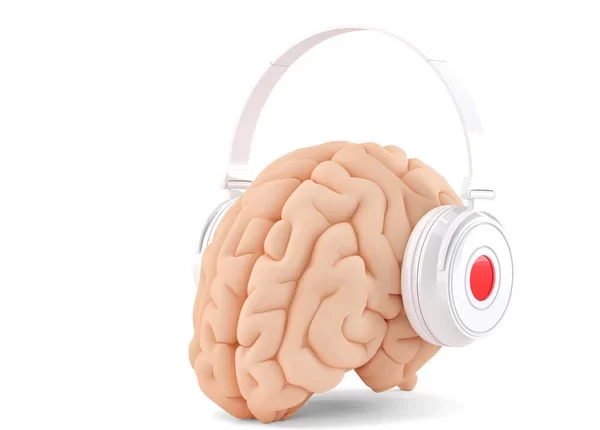Lifetime Musical Engagement Boosts Brainpower in Later Life – Engaging in music throughout life is associated with better brain health in older age, according to a new study published by experts. The study indicates that the positive effects of musical engagement on brain health are heightened when individuals continue to play music. Listening to or making music affects the brain in ways that may help promote health and manage conditions related to adulthood or aging. Playing a musical instrument, especially the piano, is linked to improved memory and the ability to solve complex tasks, known as executive function. The research suggests that promoting musical education could be a valuable part of public health initiatives to support brain health in older adults.
Singing is also good for the brain
The study also found that singing was linked to better brain health, although this may also be due to the social factors of being part of a choir or group.
“A number of studies have looked at the effect of music on brain health,” said Professor Anne Corbett, who led the study. “Our PROTECT study has given us a unique opportunity to explore the relationship between cognitive performance and music in a large cohort of older adults. Overall, we think that being musical could be a way of harnessing the brain’s agility and resilience, known as cognitive reserve.”
Music as a public health initiative?
Professor Corbett said that more research is needed to investigate the relationship between music and brain health, but she believes that the findings of the study suggest that promoting musical education could be a valuable part of public health initiatives to promote a protective lifestyle for brain health.
“Encouraging older adults to return to music in later life could also be beneficial,” she said. “There is considerable evidence for the benefit of music group activities for individuals with dementia, and this approach could be extended as part of a healthy ageing package for older adults to enable them to proactively reduce their risk and to promote brain health.”
Keeping the music alive
Stuart Douglas, a 78-year-old accordion player from Cornwall, who took part in the study, said that he has no doubt that continuing with music into older age has played an important role in keeping his brain healthy.
“I learnt to play the accordion as a boy living in a mining village in Fife and carried on throughout my career in the police force and beyond,” he said. “These days I still play regularly, and playing in the band also keeps my calendar full, as we often perform in public. We regularly play at memory cafes so have seen the effect that our music has on people with memory loss, and as older musicians ourselves we have no doubt that continuing with music into older age has played an important role in keeping our brains healthy.”
The study is published in the journal International Journal of Geriatric Psychiatry.
Key findings:
Key Findings: Music for a Mindful Melody in Later Life
- Playing a musical instrument, especially the piano, is linked to better memory and executive function (complex problem-solving) in older adults.
- Continuing to play music into later life further enhances cognitive benefits.
- Singing might also improve brain health, potentially due to social connections in choirs or groups.
- Musical engagement throughout life, including childhood and later years, seems to strengthen the brain’s resilience and agility (cognitive reserve).
- Promoting musical education and encouraging older adults to return to music could be valuable public health strategies for brain health.
- Music group activities might be beneficial for dementia prevention and overall brain health in older adults.
Here are some ways to incorporate music into daily life:
- Start the day with a song: Set an alarm for your favorite uplifting song to energize your morning.
- Listen to music: Have music playing in the background at home or in the car.
- Sing in the shower: Continue the musical mood by having a quick concert in the shower.
- Work out to music: Customize your workout mix using apps like RockMyRun, Pandora, and Spring Running Music.
- Make a playlist: Create playlists to reflect specific moods or themes, and let them become the “soundtrack” of your life for the day.
- Learn a new instrument: Engaging in playing a musical instrument, such as the piano, is linked to improved memory and cognitive function. Dance to music: Get up and move to your favorite tunes.
- Incorporate music into routine chores: Make routine chores more enjoyable by playing music while doing them.
- Use music as a tool for self-care: Find your mantra through music and listen to it frequently to create structure and positivity in your daily life.
By following these tips, individuals can easily integrate the benefits of music into their daily routines, promoting overall well-being and enjoyment. Study source
ALSO READ: Immunocompromised patients not the main source of new COVID variants, study finds









